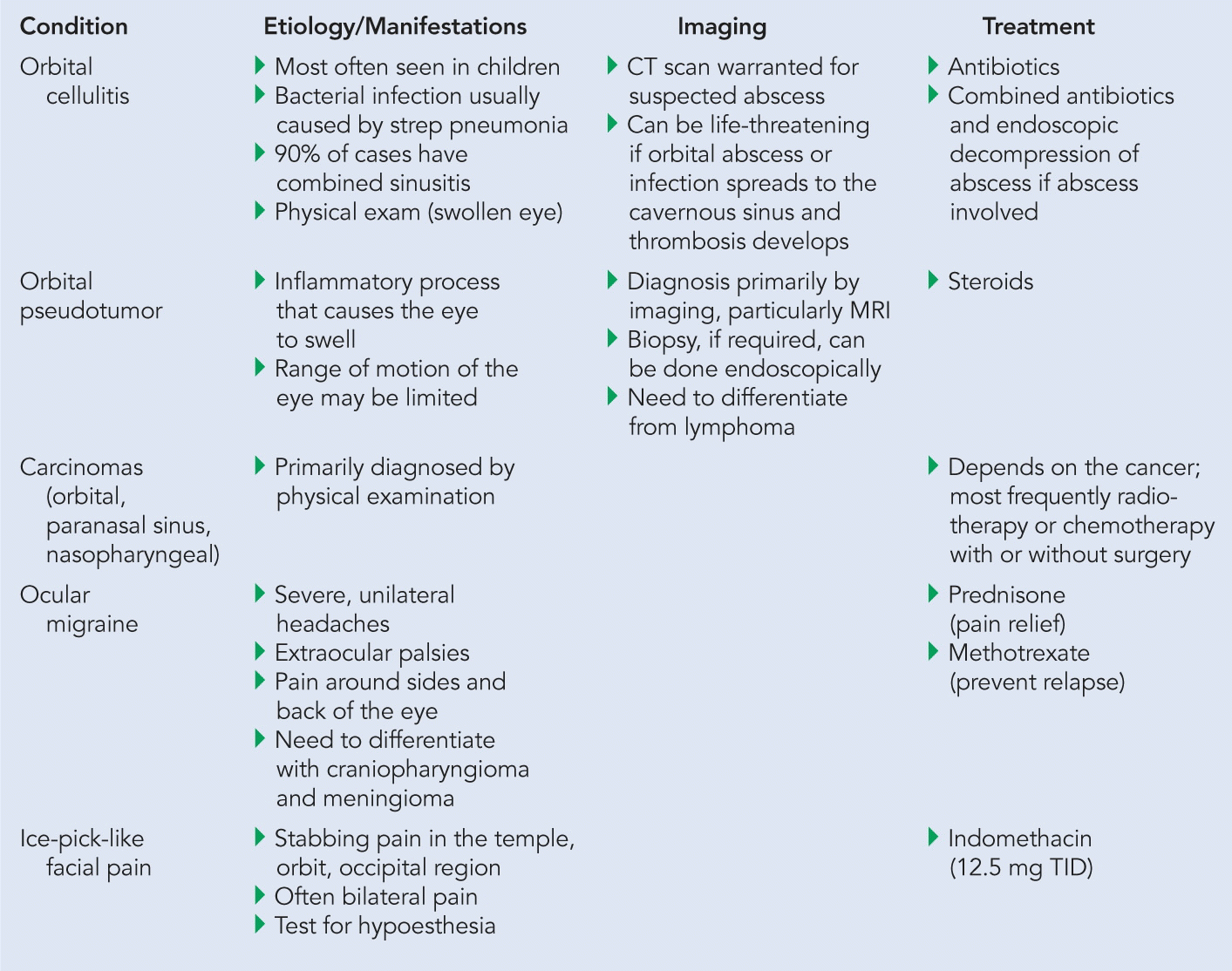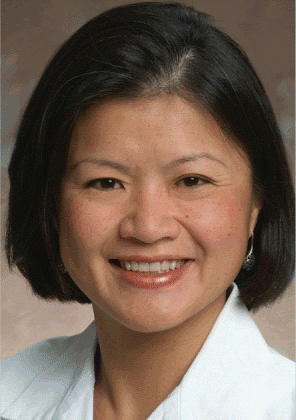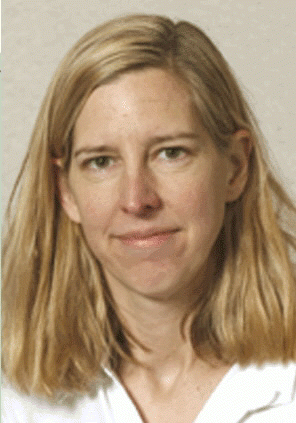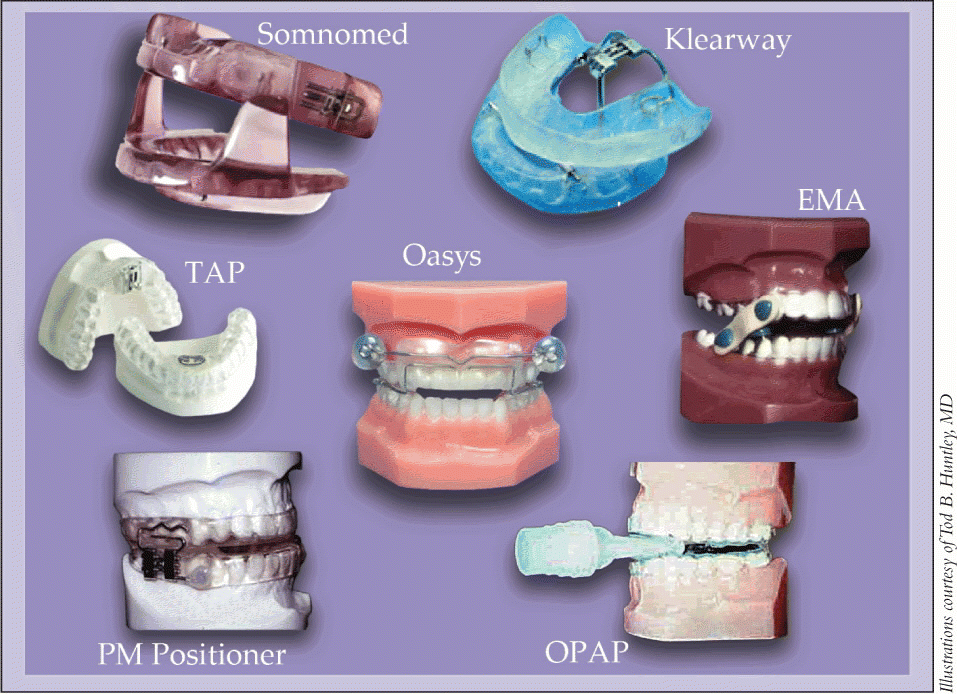SAN DIEGO-Trauma care in the United States is on or heading toward life support. Although this may sound hyperbolic, it points to a need, seen by many otolaryngologists and other surgeons, to raise awareness of the growing gap between the numbers of people in need of trauma services and the accessibility of getting those services.







